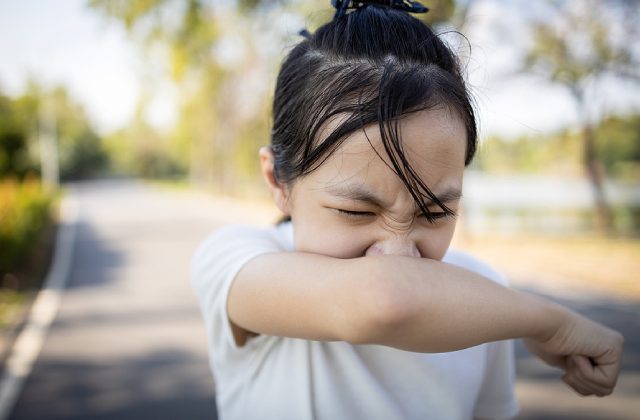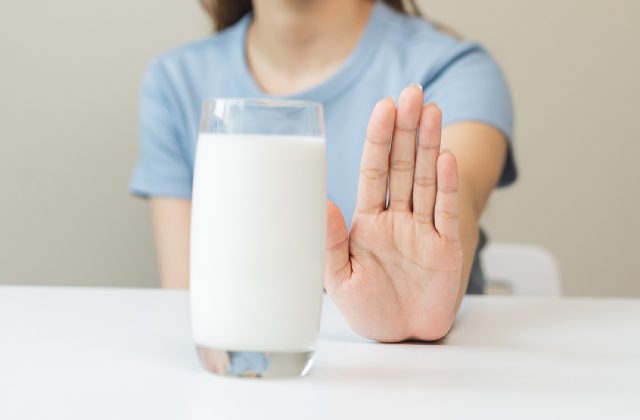
Don’t let your child’s food allergies interfere with their ability to travel the world! Travelling with allergies is not necessarily dangerous—as long as you plan ahead and prepare well, you have nothing to worry about.
This article will cover several essential tips to ensure your journey goes smoothly.
Communicate Clearly
It is wise to plan ahead and inform important personnel about your child’s allergies. This includes hotel management and staff, travel companions, flight attendants and any restaurants you are visiting.
As many might not be familiar with the dangers of anaphylaxis, it is vital that you stress about the severity of the allergy and the dangers of any possible cross-contamination. This might include cross-contamination during storage or preparation of food or use of utensils for cooking. Don’t be afraid to speak up about the seriousness for the food allergy and to advocate for your child.
Research Before Choosing a Destination
Before choosing a destination, read up on the local cuisine. Would there be sufficient safe foods on the menu? What are their primary dishes, and what ingredients do they use? If your child’s allergens are used heavily in their cuisine and could potentially be a hidden allergen even in sauces or gravies, it might be best to avoid the area.
Another critical consideration is easy access to a hospital. In the case of an emergency, you want your child to receive medical attention the shortest time possible. Consider factors such as ease of communication with locals and medical personnel.
Screen Restaurants To Visit
It is best to look up a restaurant’s menu before eating there. You could also seek out reviews left by other individuals with similar allergies.
If you cannot find sufficient information online, consider calling the restaurant in advance. Ask about ingredient usage, shared food preparation equipment, and the possibility of cross-contamination.
Additionally, visiting restaurants during off peak hours might be a good idea. As the kitchen is less busy during these periods, it will be easier for the staff to accommodate your child and prepare the food safely.
Look Up Grocery Stores
If there aren’t many safe restaurants, you should look for grocery stores nearby and check whether they offer allergen-free foods.
It is essential that you check the specific country’s allergen labelling laws. Some countries do not require allergens or possible cross-contamination to be listed. Therefore, you should always exercise caution when buying from these stores.
Pack Safe Foods
You should bring safe, non-perishable foods like bread, cereal, and pasta. Doing so ensures your child has something to eat in circumstances where you cannot find safe restaurants and groceries.
Prepare Cleaning Supplies
Packing cleaning supplies like wet wipes is beneficial, as they allow you to wipe down areas where food has been eaten. Washable seats and tray table covers may also be helpful as they provide additional barriers between potential allergens and your child.
Prepare Medical Supplies
Always remember to bring your child’s medications and at least two EpiPens during travel. One EpiPen may not be enough for more severe reactions or if takes a longer time to access medical care overseas.
These supplies should be on your person or your child’s person and should be easily accessible at all times.
Moreover, it is crucial that you properly store your child’s EpiPen so that they are not exposed to extreme temperatures, which may damage the drug.
Prepare for Language Barriers
If you’re travelling to a country where you cannot speak the language, it is best to learn how to say important words and phrases in that language. Some words to familiarise yourself with include the names of nearby hospitals and the foods your child is allergic to.
For those bringing along allergy information cards, it would be helpful to have them translated into the area’s primary language beforehand.
Conclusion
Travelling with children with food allergies is possible. As long as you follow these tips and prepare well, you’ll be able to travel around the world while keeping your child safe.
If you still have concerns, it is best to consult an allergy specialist who can provide more specific advice. Reach out to Dr Mohana Rajakulendran at our paediatric clinic in Katong for guidance regarding your child’s allergies.



